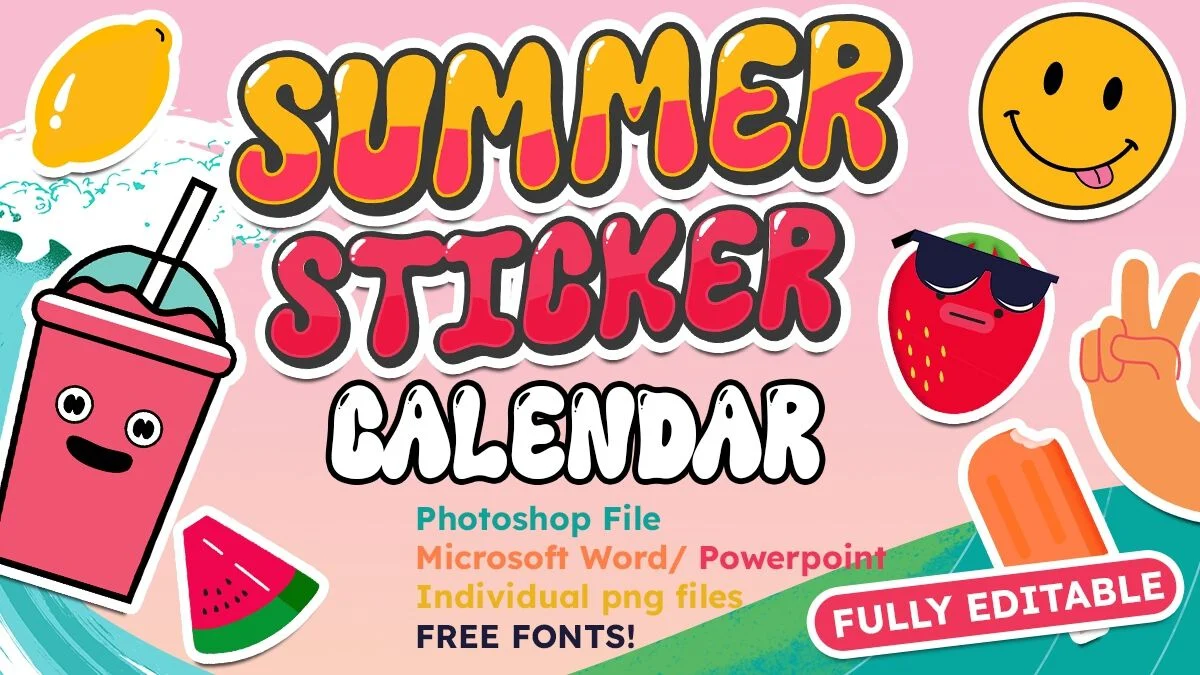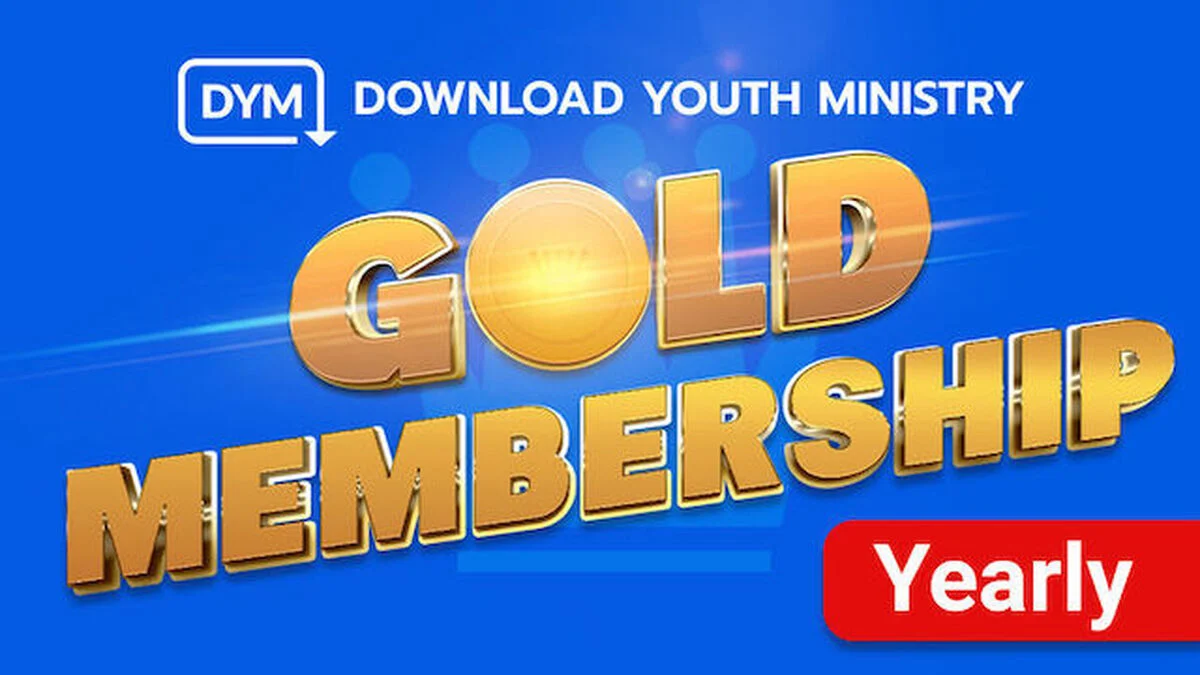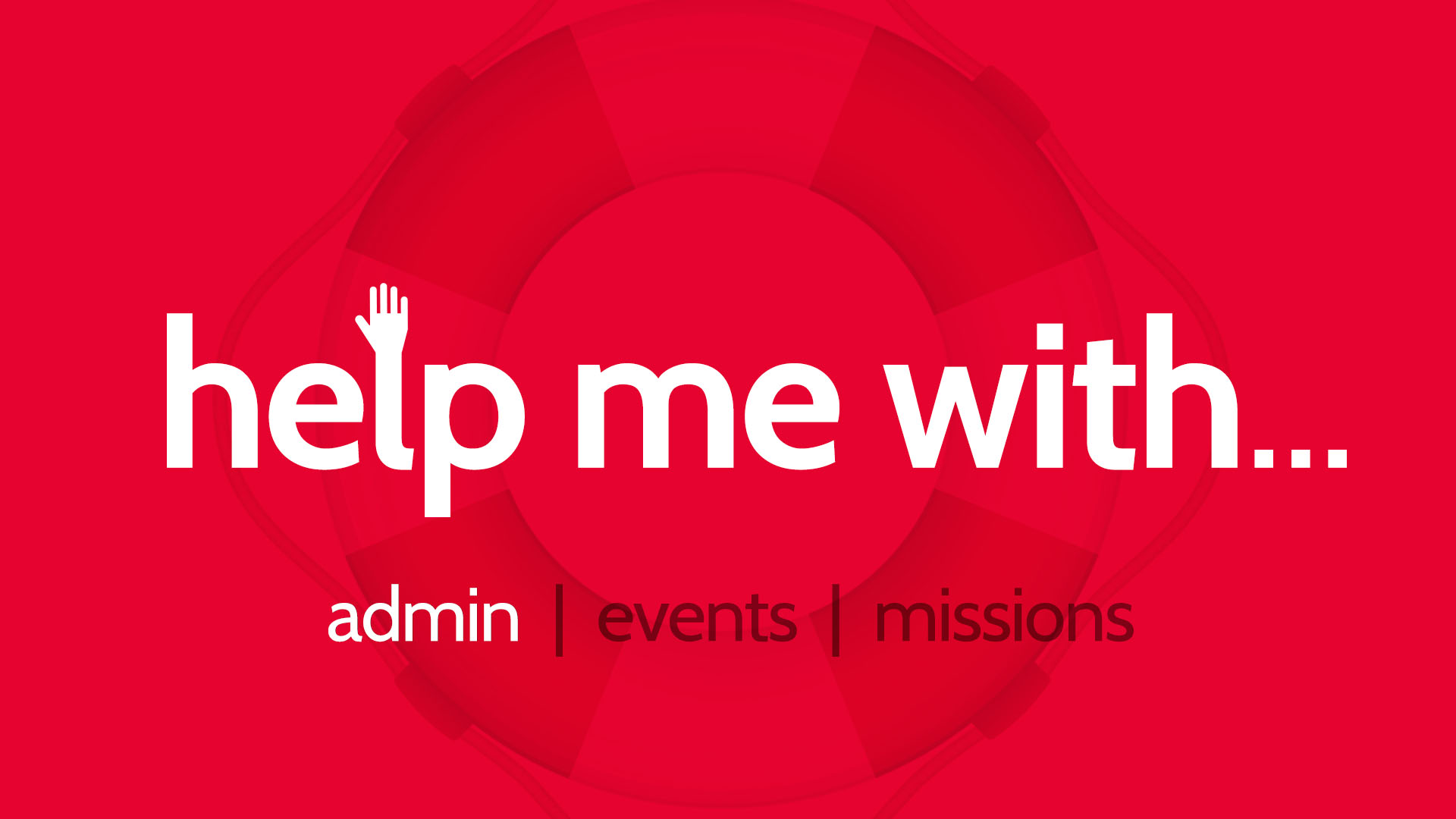How do I minister to parents?

Parents are busy! They’re rushing their students around from one sports game to an extracurricular activity and trying to juggle all of their normal home life and chores as well. Oh, and they work full-time jobs. Additionally, one of their kids is probably sick, and youth group is going to happen in an hour, and they just remembered that their student has a really big project due the next day.
It can feel incredibly frustrating when we are trying to reach out to students, and their parents are all over the place. How can we, as youth pastors, minister to parents in a helpful way? I’ve got three quick tips that you might implement.
Plan a year in advance.
This doesn’t have to include every single detail, but you absolutely need to have events on the calendar at least one year in advance. Think of when schools hand out their yearly calendars. They’ve got spring break, fall break, the beginning of school, and the end of school all right there. Parents don’t typically plan a month in advance; they’re usually six months to a year out. If you don’t have the dates for the summer mission trip in their hands, their students are probably not going to go. Take advantage of some of DYM’s fantastic calendars and put them to good use!
Communicate frequently.
If a parent has 40,000 notifications on their phone, that’s their problem. You still need to regularly let parents know what’s going on in the ministry and what their students can do to be involved. Here’s some great news: you get to decide what works best for you and your parents! Whether it’s a weekly email where you explain the teaching series for the week and plug upcoming events, or Facebook posts letting parents know about upcoming deadlines, it’s essential to stay in contact with parents. Whatever you choose, stick to it. If you commit to delivering a weekly email, make sure you send it out. If you tell parents that the primary way you communicate is through your website, make sure it’s updated! You know what would be a really easy win? Making a podcast where you share what’s going on in the youth ministry on a weekly basis. You could share what you’re teaching, what parents need to know for the upcoming summer camp, and even tell a funny story or two. And parents can take in that information while they’re driving! Win.
Take them out to lunch or coffee.
Parents are busy, but they also have to eat food. Offer to get lunch sometime in the next couple of weeks with two or three families. You don’t need to have an agenda for your meeting; you can just ask them questions about their family and how things are going. If their kids haven’t been in youth group in a while, don’t guilt trip them; just ask them how things are at home. Ask them how you can pray for them. You would be blown away at how parents have reacted to me doing this; they feel so seen and supported when all I do is ask them to share how family life is going.
Ministering to students is a challenge! Ministering to parents can be a steep mountain to climb. But you can show parents how much you care about them by intentionally reaching out and communicating!
Did I miss something that you would add? I’d love to hear it!
Need a calendar to send to parents for the summer? Get ready with this fully editable calendar below!



 Josh Griffin is a 25 year youth pastor veteran and co-founder of DYM. He’s the Junior High Pastor at Mariner’s Church and always 10 minutes late.
Josh Griffin is a 25 year youth pastor veteran and co-founder of DYM. He’s the Junior High Pastor at Mariner’s Church and always 10 minutes late.




